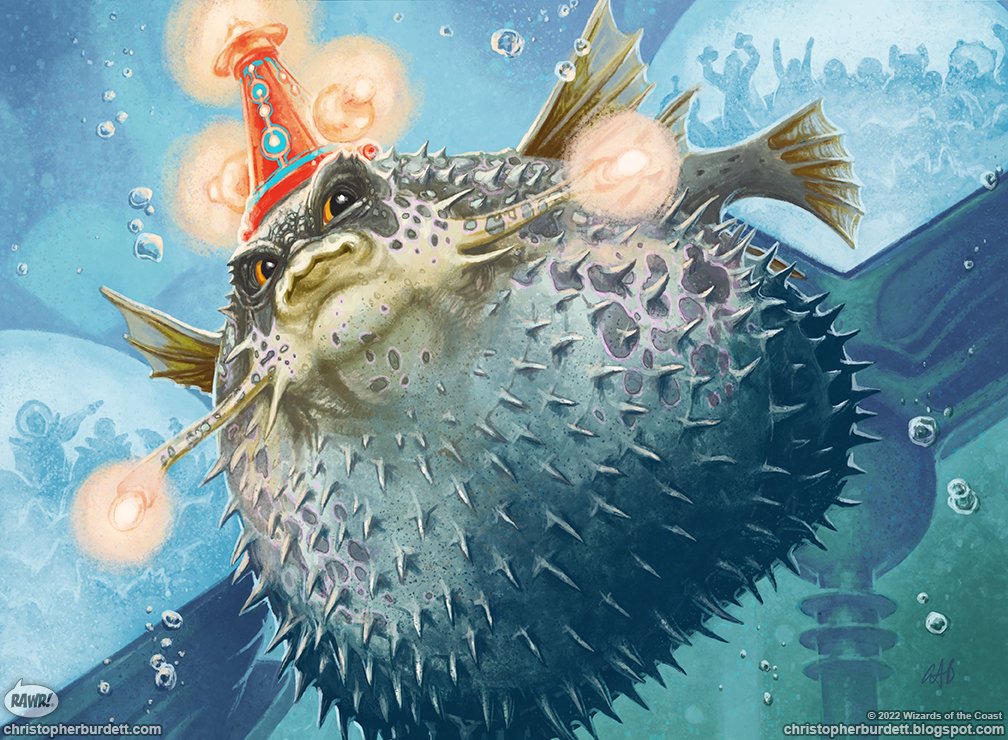Limited is a complex format requiring the use of many unique skill sets, many of which you may have never even considered! One thing I can assure you of, is that there will be areas in which you will naturally excel, and some you won’t. I believe that you should embrace and exploit your strengths, but still identify the areas you struggle with. Today, we’re going to break down a few of these areas and help you to identify your strengths and weaknesses in Limited.
Drafting
I say this often, and I’ll say it again – drafting is an art form. I say this because not only is the correct pick subjective to the player’s preference, but it also allows you to express your creativity in a way that is unique to you. While there are no right or wrong ways to draft (as long as you are achieving the results you are happy with) there are certainly areas of the draft that can be strong or weak points.
Drafting with Preferences
Drafting with preferences is how well you are able to enact a game plan for the draft regardless of the pack’s contents. A subset of this skill would be how to adjust when it doesn’t come together, (pivoting).
Pivoting
Pivoting is the ability to recognize when to take a hard turn and switch from one game plan to a completely different one. An example would be if you’ve drafted six Selesnya cards and start taking Izzet cards because it will yield the better deck. This ties into one’s ability to read the table as well as understand the meta.
Meta Exploitation
Meta exploitation would be in a similar vein as drafting with preferences, but leans more on your understanding of the set and what everyone else over or underrates. If the vast majority of the field is playing three to five color, slow decks, you can be the one to keep them in check by only drafting aggressive decks.
Hedging
Hedging is another intangible skill, utilizing your knowledge of the table and set to make educated guesses on potential cards. For instance, you would take an off-color card with high power, opposed to a low-power on color card, with the “bet” being that if the off color is open, you will win big.
Deck Construction
Part of this category bleeds into the drafting portion in terms of picking the right cards for the job, but there is most certainly an edge you can gain over your opponents within this category. If you and your opponent both draft 45 identical, playable cards, the player with better deckbuilding skills is likely to register the better of the two decks.
Building a Mana Base
Mana bases can be anywhere on the spectrum of extremely straight forward to “I don’t have time to count all this stuff.” The latter of the two is where the real mages will showcase their skills. Anyone can make a nine-eight land split, but only a true sorcerer will be able to conjure a playable, five-color mana base that’s both responsible and practical.
Deck Themes
Now, I’m not talking Goblins or Merfolk here. What I mean is your ability to understand what the deck is capable of under various circumstances. Someone with strong proclivity would be able to identify how many tap lands you can play, understand the sequence of turns, etc.
Sideboarding
Sideboarding is another great skill that will always evolve with you as a player. Recognizing what problems the opponent can present is easy. The real test of strength is knowing if, when, and how you will alter your deck. Another completely contextual circumstance, but the decisions almost always feel difficult!
Gameplay
Plenty of players build their deck with a clear game plan in mind, but it is all too common to witness those players abandon that very plan. If you have one win condition, make sure you play the entire game with that in mind! If you automatically lose if you can’t counter their bomb, don’t tap out! Keep in mind what the conditions for victory and defeat look like throughout the ever evolving game state.
Execution
Execution not only represents your ability to enact your plans precisely, but how well you are playing on a technical level. How well are you sequencing your turn? Did you play a card in your first main phase instead of the second? Another part of this category would be knowing how specific cards interact. An understanding of the rules and the stack are paramount, but what about that niche rare that no one knows what it does? There’s always an edge to be gained somewhere.
Bluffing
Bluffing is part of what makes Magic a great game. Whether playing Magic Online, MTG Arena, or tabletop, there are numerous ways to bluff. It’s also important to consider your opponent’s bluffs as well. This is one of the skills that tends to come more naturally to some, so if you’re good at it, use it!
This was a wordy article, but it needed to be. Magic’s Limited environment has an abundance of moving pieces and that’s part of what makes it the best card game. I encourage you to embrace your strengths and work on your weaknesses. Lose and learn, learn and win. My personal strengths and weaknesses can be the complete opposite of someone else’s, and yet, we still find ourselves battling for Rank #1.
And that’s a beautiful thing.


